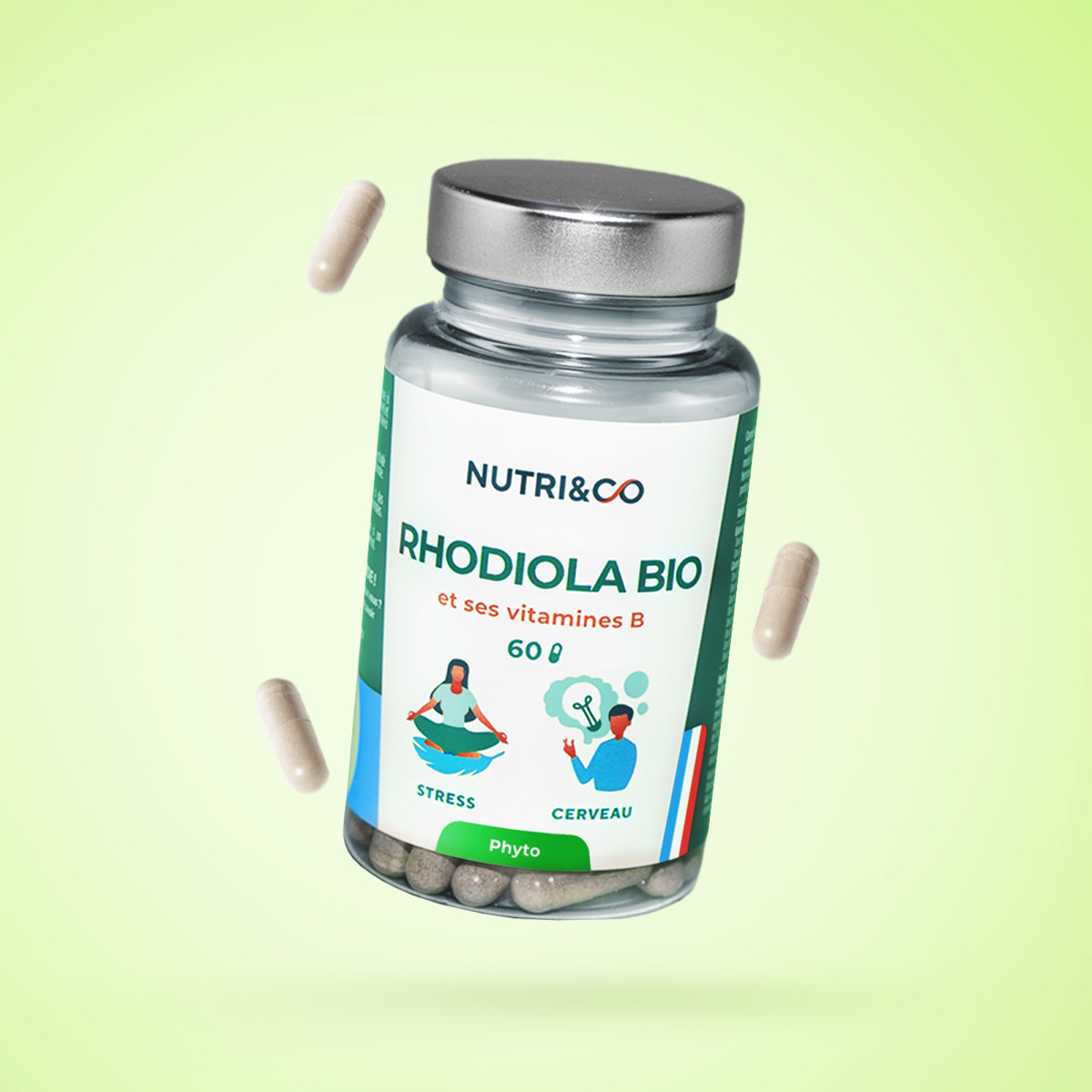
(80)
Organic Rhodiola
€19.90
- THE adaptogenic plant for fatigue and stress
- Organic Rhodiola rosea extract standardized in rosavin
- Clinically validated dosage
Organic Rhodiola
€19.90
Paiement
sécuriséLivraison offerte
dès 69€ d'achatLivraison
en 48hParrainer
un procheRécompenses
fidélité








